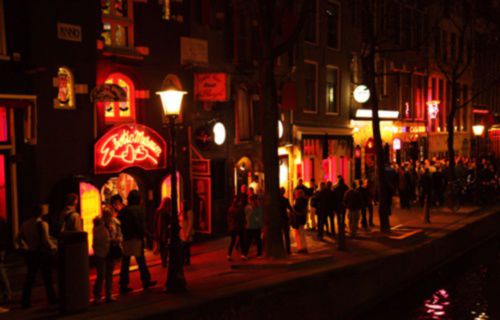Catholic, Anglican, and Muslim leaders have launched an anti-human trafficking network that hopes to eradicate the crime by 2020 through the mobilization of religious communities. “It’s not politically correct to call this modern slavery a crime against humanity, but we want to arrive at that in national and international law,” said Bishop Marcelo Sanchez Sorondo, chancellor of the Pontifical Academy of Sciences and the Pontifical Academy of Social Sciences. Bishop Sanchez was one of several religious leaders who signed a new agreement March 17 at the Vatican press office to collaborate in the fight against human trafficking through the new organization called the Global Freedom Network, Vatican Radio reported. David Moxon, an Anglican bishop who represents the Archbishop of Canterbury to the Holy See and is director of the Anglican Centre in Rome, signed the document on behalf of the Anglican Communion. “If you look at the work of Catholic, Anglican and other faith missions over the last three or four decades, they have been engaged in the fight against human trafficking,” Moxon said. He added, however that a collaborative approach to anti-trafficking work among faith communities has been lacking. Another signatory to the document was Dr. Mahmoud Azab, a representative of the Cairo-based Grand Imam of Al-Azhar, who leads one of the most important centers of Sunni Islam. Andrew Forrest, an Australian businessman and founder of the Walk Free Foundation, also signed the document. His foundation aims to galvanize and support anti-trafficking action at local, national and international levels. Its goals include the securing of government endorsements of the establishment of the Global Fund to End Slavery and of business commitments to eliminate slavery from their supply chains. In November, the Pontifical Academy of Sciences and the Pontifical Academy of Social Sciences brought together many anti-trafficking experts for a workshop. The workshop highlighted that women and children are disproportionately trafficked, and that the problem is on the rise. A 2012 report by the United Nations points to International Labor Organization estimates that 20.9 million people were victims of forced labor globally between 2002-2011, although exact numbers are unknown. While human trafficking is popularly associated with prostitution, labor is also an important factor in the crime. The November Vatican conference noted risk factors such as poverty, lack of education, disintegrated families, and weak or corrupt law enforcement as contributors to trafficking.

